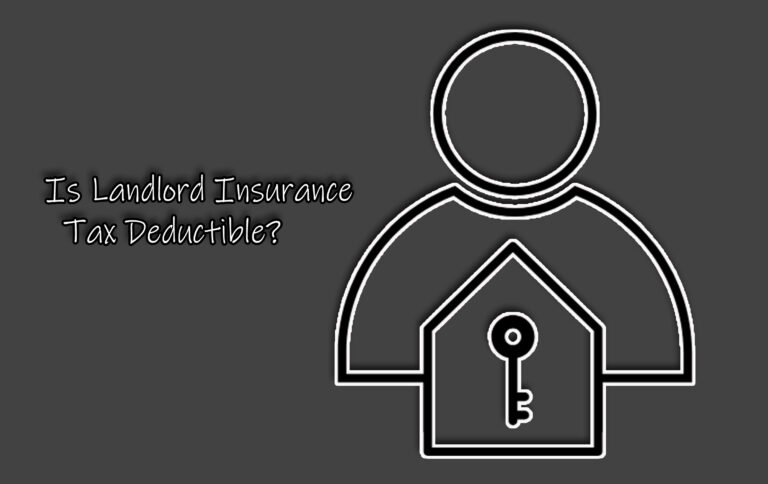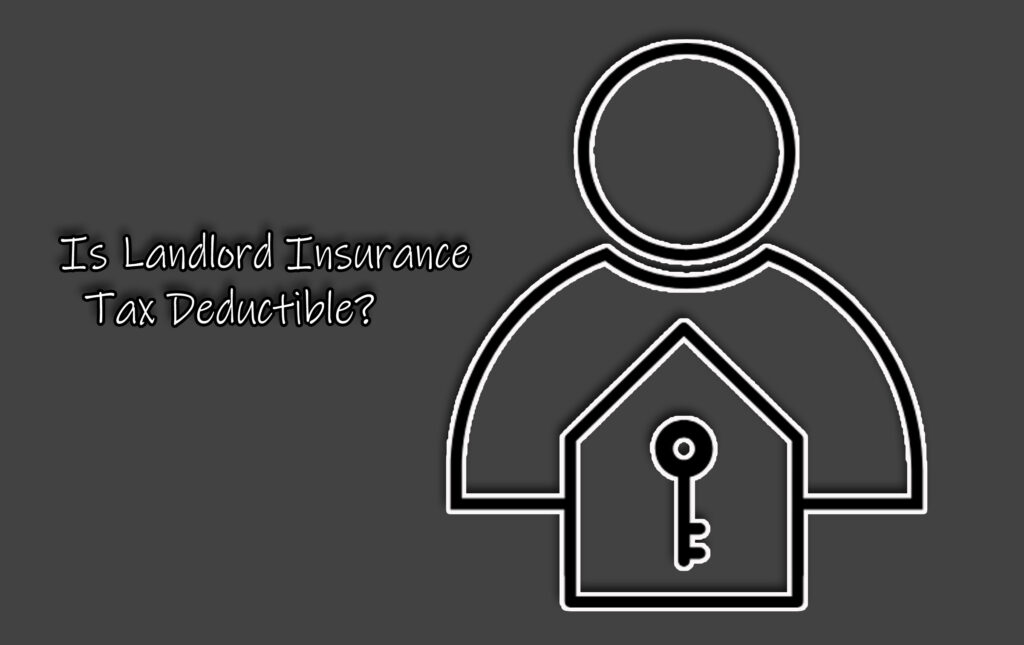
Is landlord insurance tax deductible? Owning rental property is actually a lucrative investment, but it comes with a variety of expenses from maintenance and repairs to legal compliance and insurance coverage.

What’s more, one significant cost that many property owners incur is landlord insurance, which helps protect against financial losses related to property damage, liability claims, and rental income loss.
For landlords looking to maximize their earnings and reduce expenses, understanding what qualifies as a tax deduction is crucial. One commonly asked question is: Is landlord insurance tax deductible?
The short answer is yes, landlord insurance is generally tax deductible, but there are other situations that must be considered. Just like other business-related expenses, insurance premiums paid on rental properties are seen by tax authorities as part of the operational costs of running a rental business.
Landlord Insurance and Its Purpose
Unlike standard homeowner’s insurance, landlord insurance is specifically designed for rental properties and the unique risks that come with leasing to tenants.
Furthermore, it typically includes coverage for property damage caused by fire, storms, or vandalism, liability protection if someone is injured on the property, and even loss of rental income due to covered events.
This type of insurance is considered an ordinary and necessary expense for operating a rental property, which is why it’s treated as a tax-deductible item by tax authorities.
However, the IRS (in the U.S.) or tax bodies in other countries require clear documentation and proper reporting to ensure it qualifies.
Is Landlord Insurance Fully Deductible?
In most cases, the full premium of landlord insurance is deductible as a business expense, provided the property is being rented out or is available for rent.
This means that if you’re actively using your property as a source of rental income, the cost of insuring that property falls under deductible operating expenses.
Here’s what generally qualifies it as such:
- Dwelling Coverage Premiums: Insurance that protects the building from damage.
- Loss of Rental Income Coverage: If tenants are forced to move out due to a covered event.
- Liability Insurance: Protection against tenant or visitor lawsuits.
- Flood or Earthquake Add-ons: If specific to your region and related to the rental.
If part of your property is personal (i.e, you’re living in one unit and renting out another), you may only deduct the portion of the insurance related to the rental unit.
How to Claim the Deduction on Taxes
Claiming landlord insurance as a deduction requires accuracy and proper record-keeping. Also, the insurance premium is listed among other allowable expenses such as mortgage interest, repairs, and property management fees.
Here’s how to ensure your deduction is valid:
- Keep All Insurance Invoices since they serve as proof of the amount paid.
- Track the Coverage Dates and only the premiums covering the active rental period are deductible.
- Separate Personal from Business Use. If applicable, prorate the insurance cost accordingly.
- Consult a Tax Professional for complex situations or large property portfolios.
If you prepaid for multiple years of coverage, the deduction may need to be spread out over the coverage period instead of deducting it all in one year.
What Types of Insurance Are Not Deductible?
It’s essential to separate personal insurance from business insurance, especially when dealing with mixed-use properties or vacation homes.
Non-deductible or partially deductible insurance might include:
- Homeowners Insurance on a Personal Residence
- Private Health or Life Insurance
- Landlord Insurance on a Vacant Property (Not Available for Rent)
Knowing what doesn’t qualify is just as important to avoid audits or deduction rejections.
Frequently Asked Questions
Can I Deduct Landlord Insurance If The Property Is Temporarily Vacant?
Yes, you can. As long as the property is available for rent and you’re actively trying to find tenants, the insurance remains deductible.
Can I Deduct Insurance On A Vacation Rental I Occasionally Use?
You must prorate the deduction based on how many days the property was used for personal versus rental purposes.
What If I Own Multiple Rental Properties: Can I Deduct Insurance For Each One?
Yes, you can. You can deduct insurance premiums for each property. Just as long as they are individually rented and the insurance relates to that use.